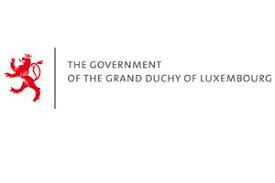- may also be given to the existence of mechanisms to ensure timely decision-making especially for cross-cutting reforms, the clarity of roles and responsibilities in the implementation of reforms, and the existence of a focal point in government for coordination of donors in relation to PFM reforms. Involving the legislature and the external audit unit in the PFM reform process may also be considered, where relevant.
- A sustainable reform process is likely to influence the impact of PFM reforms. The extent to which such a process is supported by existing arrangements should be considered. In this context, the report could examine the contribution of government experts or technical assistance, whether reforms are being associated with comprehensive capacity-building programs, and retention of trained staff. Any information on funding of the recurrent costs resulting from the implementation of reforms may also be included.
- Transparency of the PFM program is important for setting expectations and soliciting contributions and collaboration from various stakeholders. The report describes transparency in terms of reform program documents being publicly accessible and the program’s financing fully reflected in the government’s budget documentation ex-ante and ex-post.
The assessment of those institutional factors is as factual as possible and does not rely on government plans or commitments. The report includes observations on the situation but does not make explicit recommendations for the reform program of the government. It does not make a judgment as to whether the government reform program addresses the right PFM weaknesses or whether the proposed reform measures are adequate.





